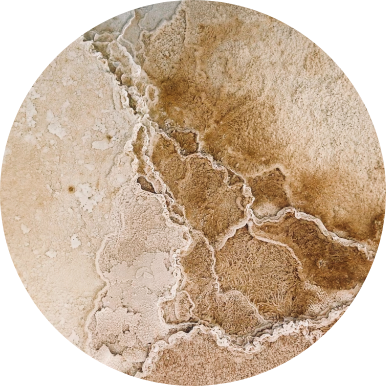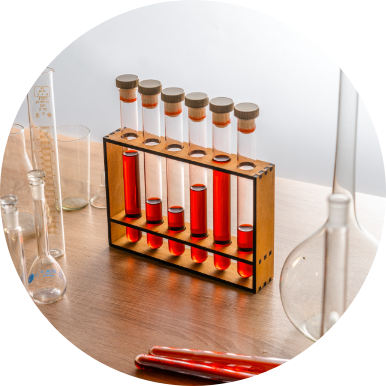What is Proteomics?
The study of proteomics is the process by which proteins are studied at a large scale. One of the tools we use to do this is Mass Spectrometry. Our students will learn how interpretable data is generated to identify specific molecules as part of a sample. A technology that originated over 100 years ago, mass spectrometry has developed into a process used in a number of clinical and industrial settings.

When a substance is tested by a mass spectrometer it is broken down to an ionic level. These ions are drawn into a high-powered vacuum in which they are charged with protons. The now positively charged ions are then sorted by mass using an electromagnet, after which their mass to charge ratio is collected and recorded producing vast amounts of data that require interpretation.
A scientist properly trained in mass spectrometry can identify matter at its most detailed level and these highly specialized individuals are therefore highly sought after across the clinical, academic, and industrial markets. You can find out more about the mass spectrometry job market here.
Why Mass Spec?
The study of Proteomics and the technique of Mass Spectrometry is one of the most exciting and fastest growing careers in science. Employers are looking for highly trained specialists to fill an unprecedented need in the market.
Your training in mass spectrometry could lead to a career in:

Food and Beverage Industry
Test for food contaminants and create new flavor profiles

Pharma & Biotech
Develop new drugs and identify biomarkers for disease

Environmental Science
Evaluate global soil and water health

Hospitals & Clinical Labs
Contribute to the health care teams of tomorrow by analyzing tissue and fluid samples

Industrial Chemistry
Drive the next generation of sustainable commercial chemicals

Forensic Science
Analyze crime scene evidence

Cannabis industry
Evaluate new strains for alternative medical therapies

